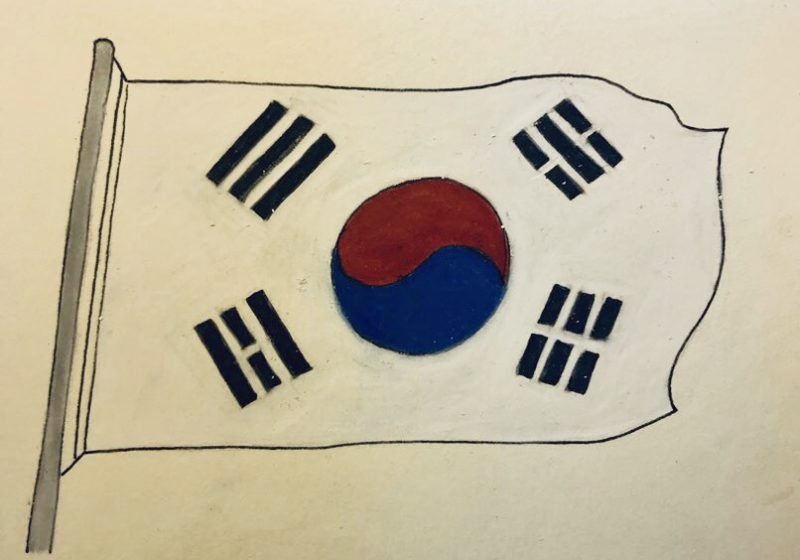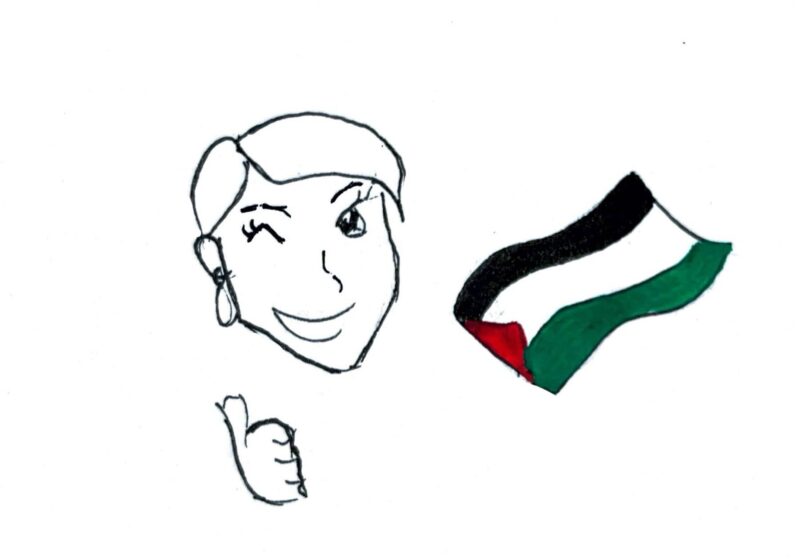Patriotism is pride for one’s nation and the shared sentiments identified with it. There’s nothing wrong with patriotism, but it can be hazardous when it feeds people with the fallacy that their nation’s interests should come above all else, even if that means killing others. This is what we call nationalism. It can be found playing a part in Nazism, the current dispute between mainland China and Hong Kong, and Trump’s America. But as long as it does not mutate into nationalism, patriotism is a fast track to global prosperity. There are examples of patriotism at its best, like in South Korea where national pride has enhanced prosperity.
I’ve lived in South Korea for over 15 years. From a young age, I remember seeing my father grumble while watching the news in the living room, never truly understanding what had him so upset. As I grew older, however, I realized how deeply entangled politics is with quality of life and became more concerned with the politics around me. On my flight back to Rochester from Seoul last summer, I envisioned a world with a happy medium: where patriotic extremism is contained, but healthy attachment to our homeland is encouraged.
South Korea is one of the most democratically active countries in the world. In 2016, more than a quarter of our population joined in a series of peaceful protests known as the Candlelight Revolution, and impeached then-President Park Geun-hye, who extorted $774 million from conglomerates by taking advantage of confidential documents and information. After her impeachment, a democratically healthier government was elected, and the entire country is now undergoing a metamorphosis, re-structuring the once oppressive systems.
Today, people from all over the country come to Seoul to partake in massive protests demanding congress and the prosecution office accelerate prosecution reform. It was a public commitment to place a power cap on prosecutors in South Korea, who have authority beyond that of prosecutors in other countries, and have historically tools for past South Korean dictators to maintain power by indicting anyone against the regime.
I’ve witnessed these protests in Seoul, asking for small to large-scale remodeling of the government structure and advocating for the passing of policies. I’ve imagined how dangerously uniform and compliant our democracy would be without the people’s self-appointed mission of caring for their community. Without tender patriotism, a healthy democracy cannot exist.
You don’t have to save a country from war, nor become a president, to demonstrate national pride. You just need to be involved in the social dialogue of your community. An individual devoid of such contribution is a nobody, whose primary interest lies in the success of himself rather than the prosperity of the community.
Where do you belong?




